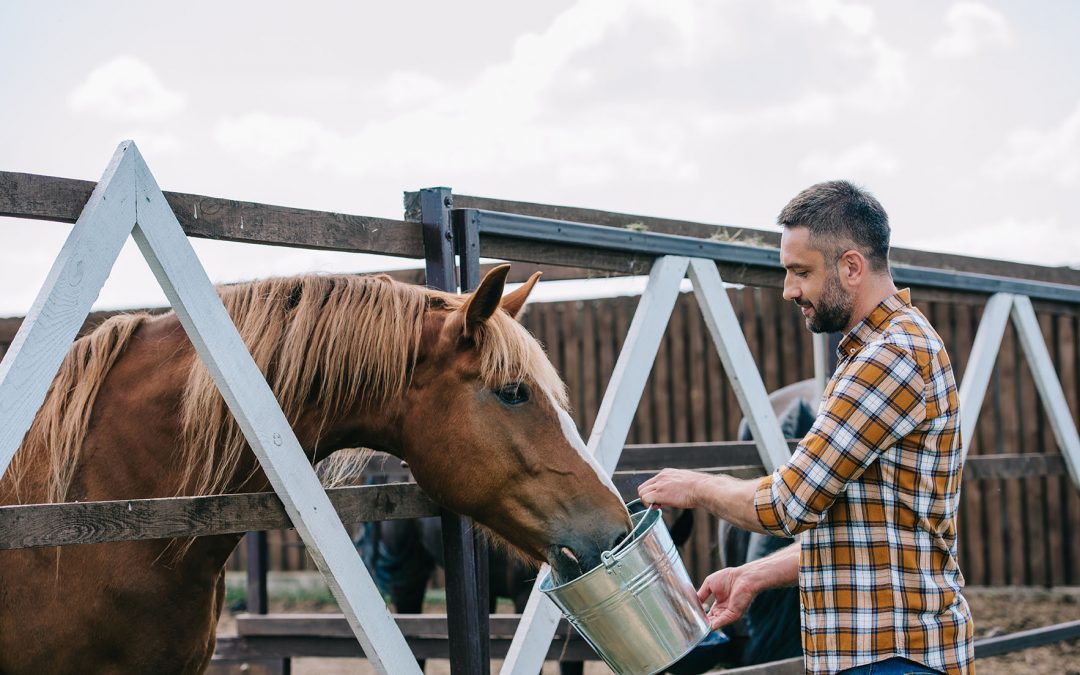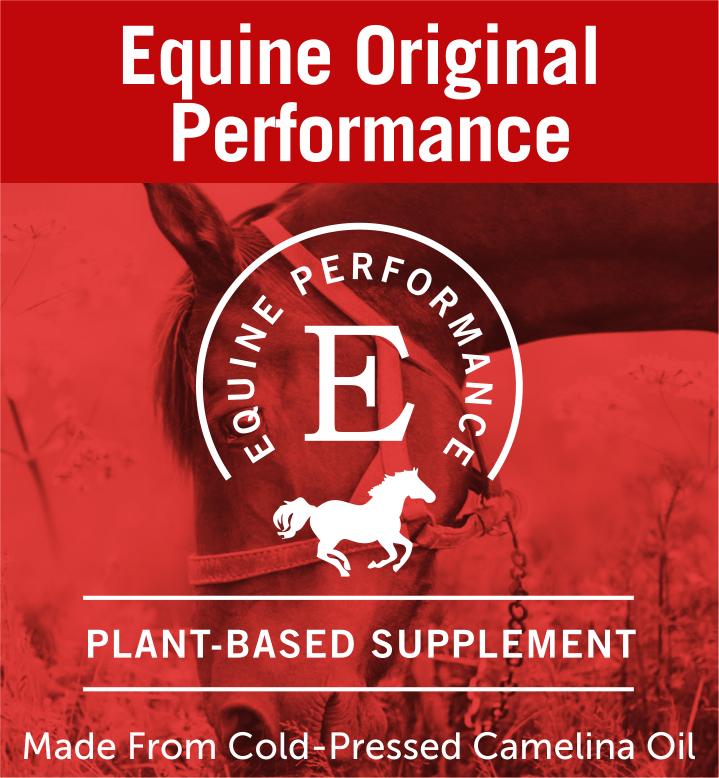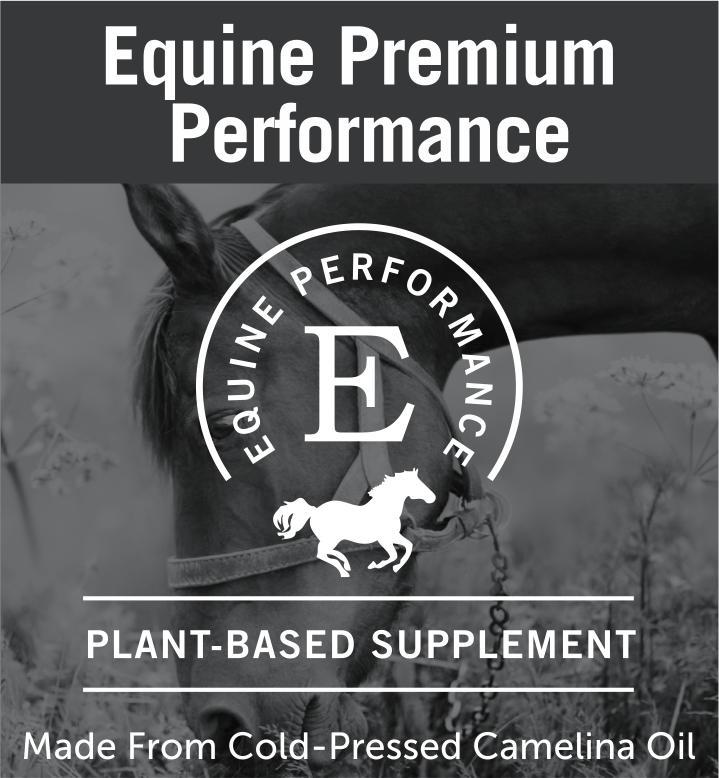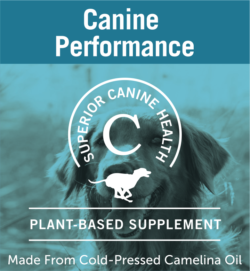You walk into the pet store or scrolling online and its supplement after supplement. But, are supplements even needed? Deciding if supplements are needed and which supplements is most important is often difficult. There are so many brands and types and blogs talking about why this or that supplement is needed for horses, dogs, or even ourselves!
Don’t fret! There is a way to understand if and when supplements are needed. We are going to go over that here.
Is the Diet Lacking?
Balance is the most important. Seeking balance can significantly change you or your animal’s nutrition. Nutritional components of types of fat, protein sources, good carbs, and types of veggies is apart of all diets. However, often our normal intake can be lacking in vitamins and minerals. Or, the activity level and type of activity needs more specific nutrition than the normal food can provide. Even commercial dog foods, grains, and hay may have all the necessary components of the diet at a minimum, but this is not considering what that individual horse or dog needs. That is where supplementation comes in. The “minimum” is always necessary, but most times dogs and horses can benefit from a higher amount of a nutrient. For horses, hay nutrients can be very dependent on the soil quality, time of year, and location of growth that determines what nutrients are there and in what levels. Thus, simply feeding hay may not have all the minimum requirements for your horse. Not everyone feeds a formulated grain that can deliver the balancing needs. Often, finding the right formulated grain for the horse’s needs can be tricky. For instance, Southern California has an abundant amount of iron in hay. Iron blocks the absorption of copper which is an essential trace mineral. Many formulated grains do not have a large enough amount of copper or molybdenum in order to balance the iron to allow proper absorptions again. This is where specific supplements for the individual needs are necessary.
With dog food, the Association of American Feed Control Officials is a voluntary group that can approve of nutrients amounts in the food as a “minimum” requirement. However, some nutrients are not deemed as necessary by AAFCO, yet they are still very important to a diet. For instance, minimum requirement for dog food is 18% protein, however dogs would benefit at levels around 25% or more. Omega 3s are essential for a diet but a minimum standard is not set, therefore dog foods may have minimal omega 3s to balance the exceedingly high levels of omega’6s due to the types of ingredients. Diets that are low in protein are very high in carbohydrates; basically, cereal for dogs. Now adding a high protein or high fat supplement may help balance the overall intake.

Activity or Performance Level Affects the Body’s Needs
Now, go over the performance animal athletes that we call partners. They need different levels of nutrients than the average dog or horse. If they are hobby athletes, they will need different levels than a top competitive athlete. For instance, dogs need higher levels of lysine, leucine, methionine, and other essential amino acids when they are athletes or highly active dogs. The average dog food diet will have the minimum requirements of each essential amino acid; clearly not going to be enough to keep the canine athlete competing at its best. Even raw diets that aren’t analyzed for their contents will be lacking. The type of activity also affects the type of diet needed. Horses are much the same.
For horses, higher fat diets to allow for more calories is necessary to keep them with a “cool” energy. Performance horses also need higher levels of amino acids and sometimes vitamins in comparison to sedentary or pleasure horses. Although high fiber, simple grass/forage diet should be the backbone of a horse’s diet, athletes need additional supplementation to keep them performing at the levels we ask for. Subpar nutrition can lead to injuries, behavioral issues, lack of “try”, poor body condition, or other detrimental issues.
Supplements Benefit All
Every athlete, activity companion, or elder animal will often need support for joints, digestion, energy, weight-loss or weight-gain. Diet is the key those changes. Supplements can help you provide the best balance, vitality, and comfort to your horse or dog.
Dr. Athena Kepler, DVM CCAS
Integrative K9 Sport Veterinarian




